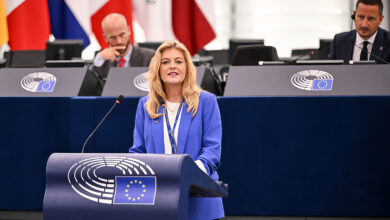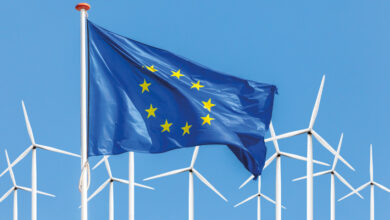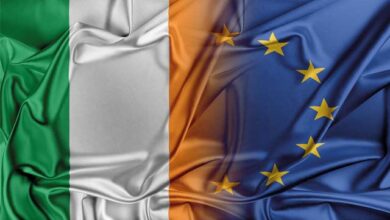Bordering on Brexit
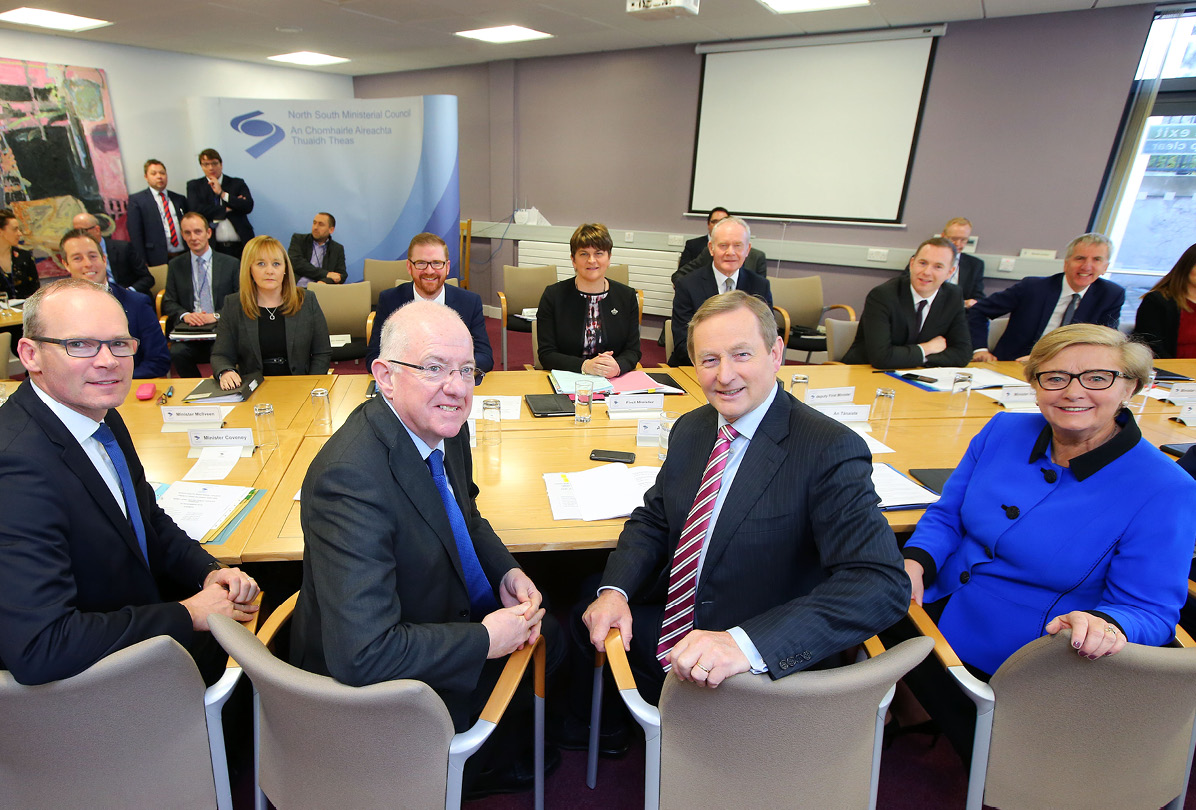
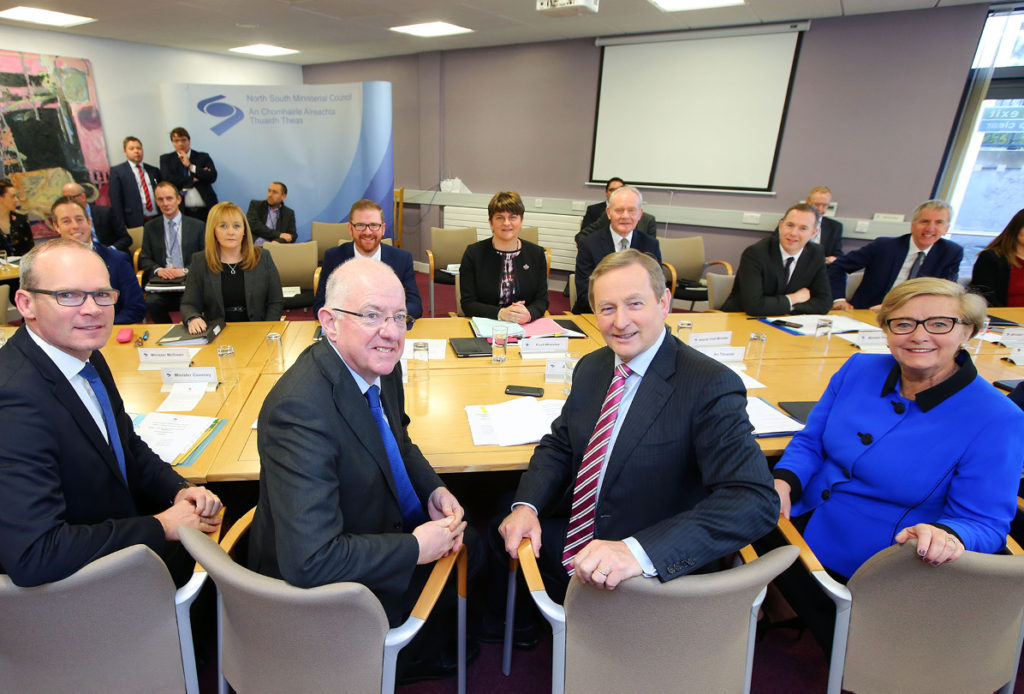
A reduction in UK growth projections announced during the Autumn statement will have knock on effects for Ireland’s own economy, writes David Whelan.
The first real positive signs of cross-border cooperation in facing up to the realities of Brexit emanated from November’s North-South Ministerial Council, with Taoiseach Enda Kenny describing the meeting in Armagh as the best so far. The post-meeting rhetoric was very different from that of the All Island Civic Dialogue, which was undermined by the refusal of Northern Ireland’s First Minister to attend.
However, the realities of the impact of Brexit, hard or soft, were spelt out by the delivery of the UK’s Autumn statement, which dropped economic growth projection by a full 1 per cent. As a result, the knock-on effect is projected to reduce Ireland’s economy by 0.2 per cent. The impact was out of Ireland’s control, despite the best intentions of seeking the optimal deal for Ireland “north and south”, the evidence suggests that Ireland’s main role will be to fight fires set by external Brexit factors.
Informed signals from the EU suggest a hard Brexit is the most likely outcome. Well-placed sources have whispered that although the UK has indicated it will trigger Article 50 by the end of March, discrete conversations between them and the EU have already begun. The EU are demanding a concrete answer on remaining within or leaving the Customs Union and secondly, the Single Market, which will require an unlikely concession on free movement.
Any change will impact on Ireland, especially a hard Brexit. A recent Economic and Social Research Institute (ESRI) international product-by-product study revealed that a hard Brexit would result in Ireland losing 4 per cent of its total exports.
Uncertainty surrounding the Brexit legal challenge, over whether the government is within its rights to begin the process of leaving the EU without the consent of Parliament, means that the UK and Ireland economies remain volatile, until such times as the exact method of the UK’s departure are firmed.
In the meantime, any attempts by Ireland to capitalise on Brexit, something Northern Ireland’s First Minister described as “poaching”, have also been dealt a blow by the election of Donald Trump as US President. His plans to attract big technology firms back to the US through a reduction in corporation tax, will inevitably damage Ireland’s draw for foreign direct investment and could see companies like Google and Amazon, whose arrival has helped push the Irish economy into growth, leave the country to some degree.

Plan
The Taoiseach has previously voiced relief that Ireland began working on a Brexit contingency plan prior to the referendum (most of which centred on the all-island forum), however Fianna Fáil leader Micheál Martin has called for more to be done including a national plan to deal with the “slow-motion crash”, and the need for the EU to suspend state aid rules for Ireland’s worst hit industries.
Kenny said that topics discussed during the North-South meeting included the land border, peace funds, treaties and the free movement of people and goods across the island. Speaking after the meeting he said: “One point that we all stressed at this meeting was that it is really important, from an island of Ireland perspective, that there be that strength of solidarity in respect of those common interests.
“So, when discussions do start, and I as Taoiseach will be sitting on the European side of these arguments, we will be able to work to get the best deal possible for the island of Ireland, north and south. That was a common consensus of the outcome of the meeting today which I very much value.”
However, he added: “If the UK want access to the single market, they must come with that freedom of movement of people and that is a challenge and an issue that the British Government has got to focus on.”
Whether Ireland will be able to capitalise on the North-South dialogue remains to be seen. The meetings are constrained by their bi-annual basis and the DUP have already expressed that they feel no need for any further formal structure. Although it is widely believed that Northern Ireland, as the most affected region under Brexit, would benefit from an ally in Ireland, the triangular relationship of an Ireland in Europe, Sinn Féin supporting efforts to remain in Europe and the DUP supporting the exit, means that formulating a common strategy will be a difficult task.

